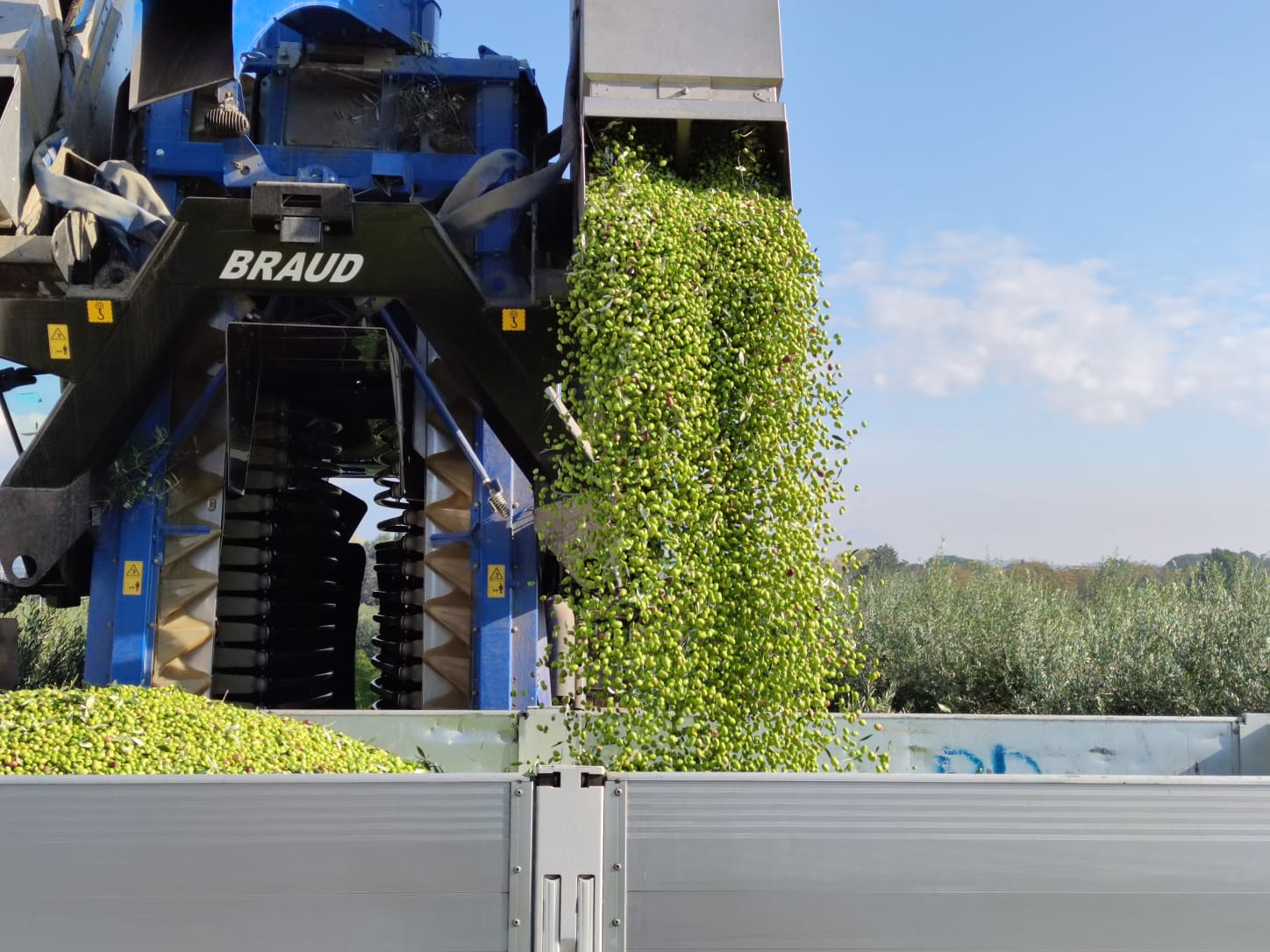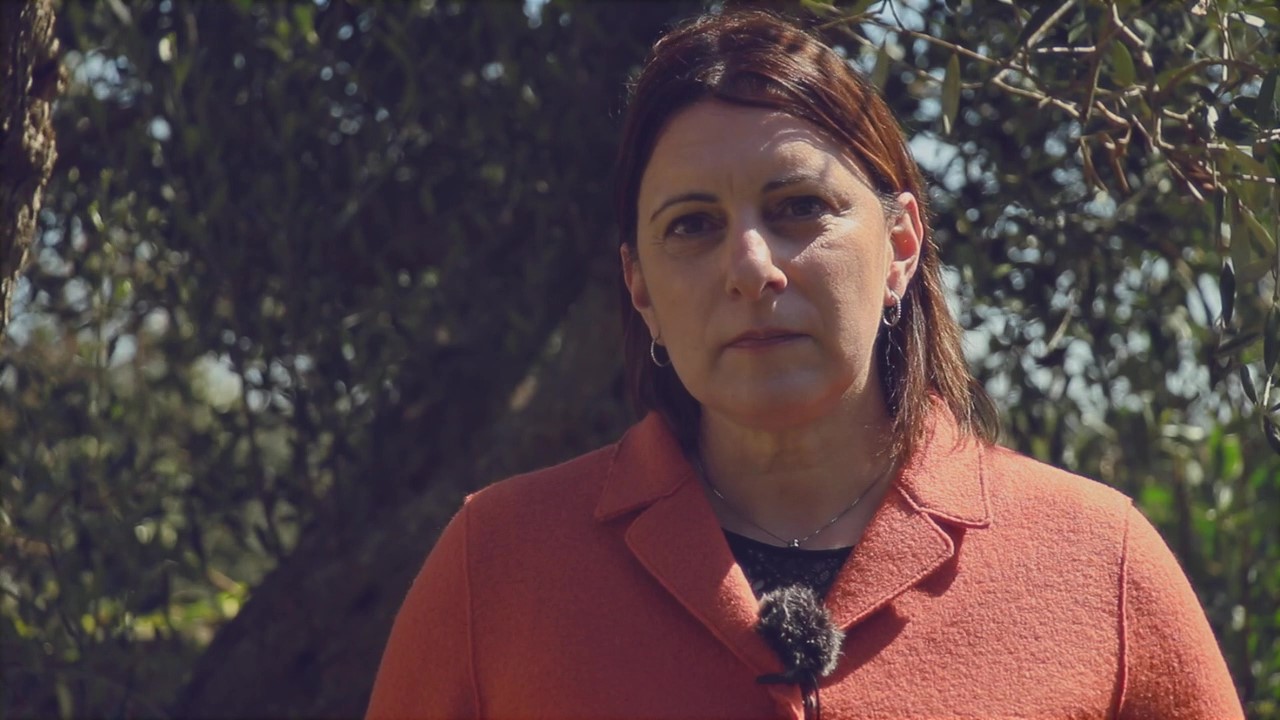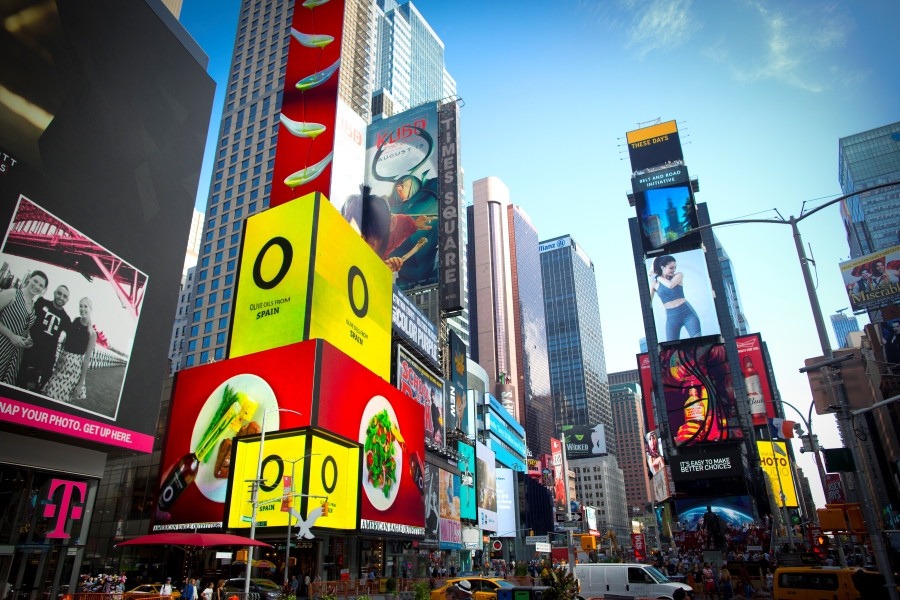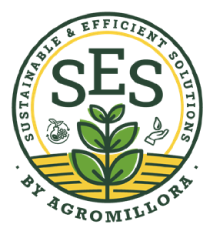ArteOlio is a Benefit Company: a business that combines economic performance, innovation, and positive social and environmental impact, producing Extra Virgin Olive Oil directly from its own fields in the heart of Tuscany.
Could you tell us a bit about your company and its commercial goals?
ArteOlio was founded in 2019 with the goal of bringing innovation to the Italian olive oil sector, applying the most modern mechanical and agronomic technologies. From the very beginning, we adopted a non-traditional production model, with hedgerow and trellis plantations, to ensure long-term sustainability. We established the company after a year of research, choosing Tuscany not just for its symbolic value, but also for its logistical advantages and the availability of skilled labor. Today, we cultivate around 700 hectares and have planted over a million olive trees. Our first harvest last fall was very promising, and we expect steady growth in production. So far, our total investment has exceeded €40 million.
What business models do you see as offering the greatest opportunities in agriculture?
We’ve chosen an integrated supply chain model. We produce exclusively from our own olives, processing them in our state-of-the-art mill, which was designed for continuous and efficient operation. This approach allows us to guarantee full traceability from grove to bottle, with no third-party involvement. We believe this is a key value for consumers.
What was your initial vision in introducing the super-intensive olive grove model to Italy?
Our vision was to revitalize Italian olive growing by applying modern methods that have already been proven in countries like Spain, Portugal, and some in North Africa. The idea was to import a new, more efficient and sustainable production concept while maintaining the high quality that defines the “Made in Italy” brand worldwide.
What have been the main challenges and lessons in implementing this model in Italy?
One of the main challenges was cultural: there is often resistance to innovation in agriculture, a sector deeply rooted in tradition. However, by explaining the environmental and quality benefits of our method—and letting people taste our oil—those barriers tend to diminish. Technically managing a super-intensive grove also requires specific expertise, but the results so far confirm that our choice was the right one.
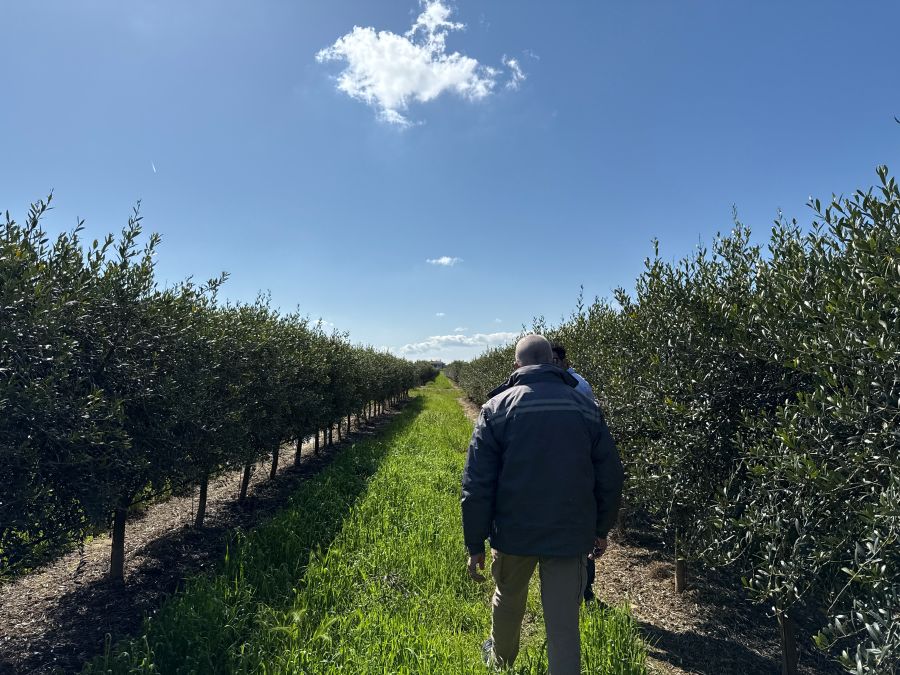
What key factors influenced the selection of the 700 hectares for cultivation?
Two factors were crucial: the quality of the soil, which had to be suitable for modern olive farming, and especially the availability of water. All our groves are drip irrigated using highly efficient systems, making water a strategic resource.
Why did you decide to invest in new olive varieties such as Lecciana, Oliana, and Brunella?
We chose a varietal mix to ensure consistent quality over time. More established varieties like Arbequina provided a solid foundation. Newer varieties, like Lecciana, were selected for their excellent organoleptic properties and higher water and production efficiency.
What is the added value of these new varieties compared to traditional ones?
Varieties like Lecciana, for example, have shown higher yields and top-quality oil even in their first year. They also seem to require less water—an increasingly important factor for sustainable resource management.
What strategies have you implemented to ensure cost-efficiency and maximize productivity?
Beyond the integrated model, we process different varieties separately and store them individually. This enables us to create customized blends while maintaining consistent organoleptic properties. Moreover, having varieties with staggered ripening periods allows us to optimize use of harvesting equipment and facilities.
How do you manage the risk associated with fluctuations in the olive oil market?
Price fluctuations are inevitable in agriculture and often tied to climate factors. We try to mitigate this risk by applying modern technologies, such as drip irrigation, and most importantly, by building a strong brand well positioned in international markets. This helps stabilize the value of our final product, compared to bulk market prices.
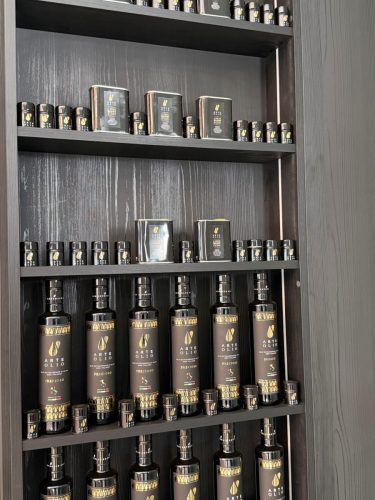
What makes this type of project appealing to investors in the agricultural sector?
Agriculture has a natural appeal, even to those outside the industry. Our project combines sustainability, innovation, and a solid economic outlook with competitive returns. This mix has been key to attracting investment.
Do you have plans to expand your cultivated hectares or diversify production in the future?
Yes, we’re always on the lookout for new land. We’ve reached our initial goal of 700 hectares, but the interest and results so far motivate us to consider further development—both in terms of area and product range.
In your communications, you present yourselves as “Engineered for Innovation.” What role does innovation play in the production and marketing of your oils?
Innovation is in our DNA. From grove setup to processing, marketing, and traceability, everything has been designed with a modern mindset. This not only enhances efficiency but also adds value for consumers and sets us apart in the market.
How do you see the olive oil market evolving over the next few years?
We believe demand for traceable, sustainable, and high-quality oils will continue to grow. The market will become increasingly selective, and consumers more informed. Those who can offer transparency, quality, and innovation will be rewarded.
What is your long-term vision for ArteOlio and its impact on the sector?
We believe demand for traceable, sustainable, and high-quality oils will continue to grow. The market will become increasingly selective, and consumers more informed. Those who can offer transparency, quality, and innovation will be rewarded.



